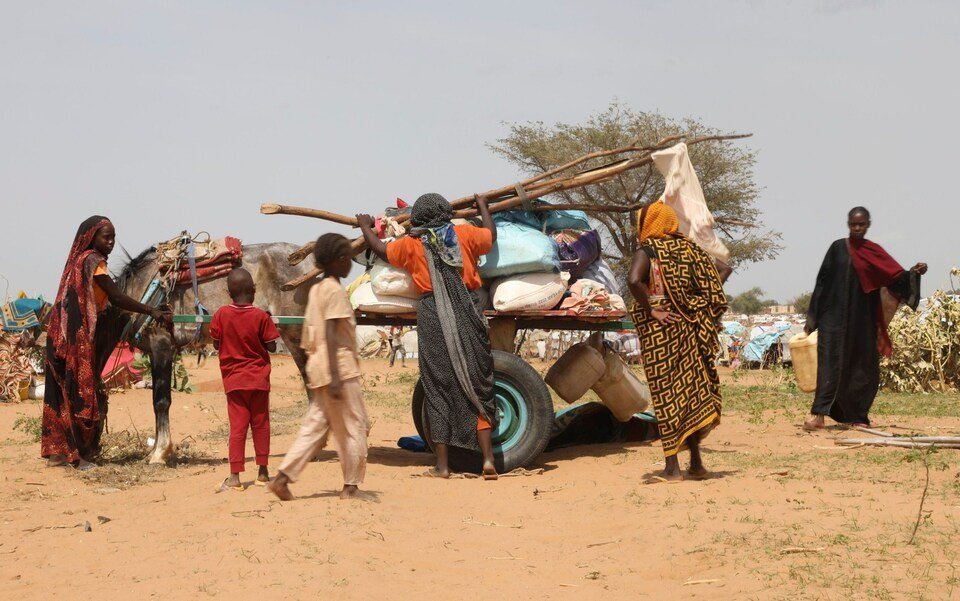In what is believed to be the largest mass grave discovered since Sudan was plunged into war, numerous bodies have been found, allegedly victims of a Sudanese paramilitary group.
According to the United Nations Human Rights Office, there is “credible information” indicating that last month, 87 bodies, including women and children, were buried in a shallow grave in West Darfur.
The victims include members of the Masalit tribe, an ethnic African group that has become a target in the escalating conflict between rival military factions, resulting in ethnically motivated massacres.
These revelations come as Egypt initiates a new mediation effort between the warring factions. Previous attempts at truces and ceasefires have proven unsuccessful, leading to ongoing violence.
Since clashes between Sudan’s army and the Rapid Support Forces (RSF) paramilitary group erupted in the capital city of Khartoum in April, the conflict has spread to the fragile regions of Darfur and Kordofan.
History repeating itself
More than three million people have left their homes, while basic services such as healthcare have broken down. The UN said the first 37 bodies were buried in the grave outside Geneina on June 20. Another 50 were dumped the following day.
Darfur has become a centre for the conflict as the violence has spread, with RSF troops and allied Arab militias accused of rampaging through the area and attacking African ethnic groups.
The killings have raised fears of a repeat of mass killings two decades ago, when the Sudanese government was accused of genocide crushing a rebellion by mainly non-Arab groups in Darfur, killing some 300,000 people.
The RSF denied involvement in the mass grave. A senior official in the force told Reuters it “completely denies any connection to the events in West Darfur as we are not party to it, and we did not get involved in a conflict as the conflict is a tribal one”.
Volker Turk, UN High Commissioner for Human Rights, said: “I condemn in the strongest terms the killing of civilians and hors de combat individuals, and I am further appalled by the callous and disrespectful way the dead, along with their families and communities, were treated.”

